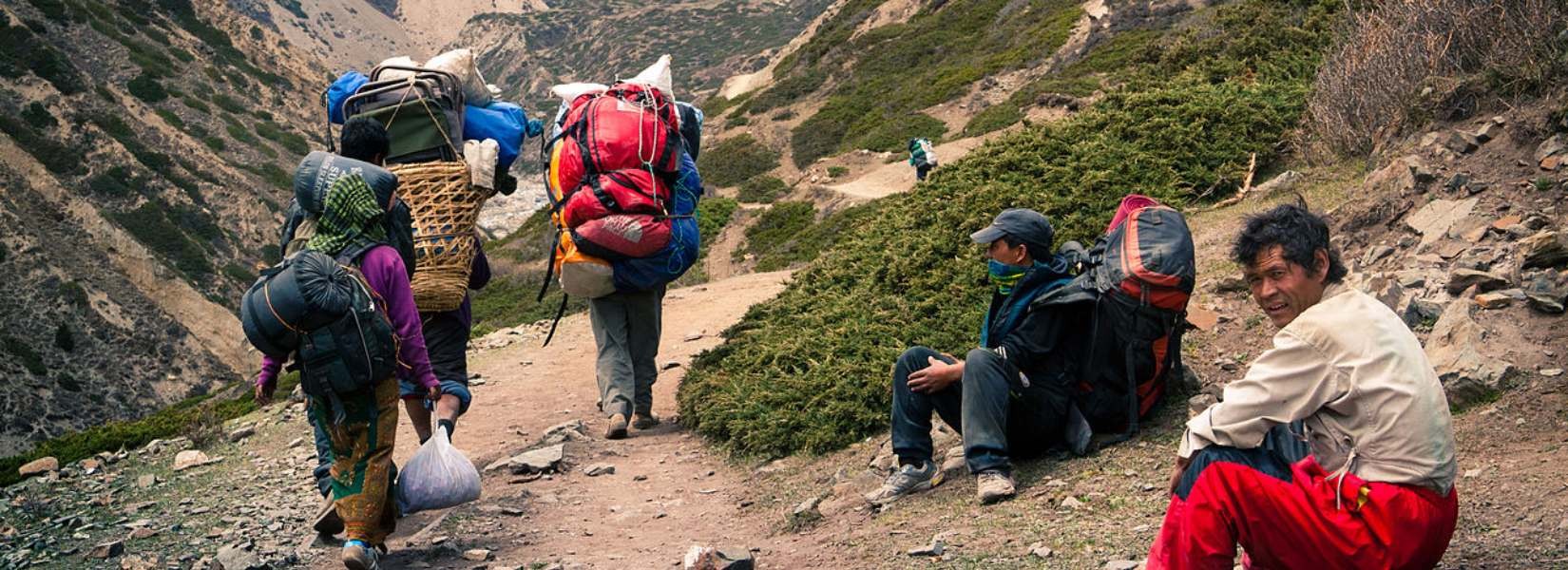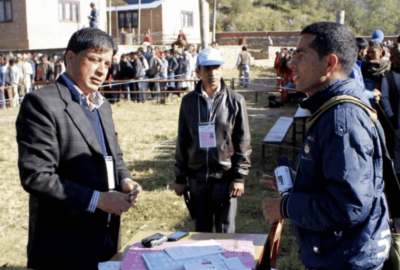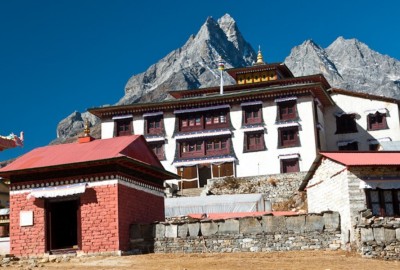Traveling in Nepal can be an extraordinary experience, with its breathtaking landscapes, rich culture, and warm hospitality. Whether you’re trekking through the Himalayas, exploring ancient temples, or experiencing local customs, having a knowledgeable guide can significantly enhance your journey. Tipping your guides is an important aspect of expressing gratitude for their expertise and service. This guide will help you understand the nuances of tipping in Nepal, ensuring you leave a positive impact and show your appreciation appropriately.
Table of Contents
Plan your trip to Nepal
Customize your trip with help from a local travel specialist.
Understanding the Tipping Culture in Nepal
Tipping is not mandatory in Nepal, but it is highly appreciated. Given the economic conditions and the hard work put in by guides, porters, and other service staff, tipping can be a meaningful way to support their livelihood. Here are some general guidelines:
Tour Guides
These are usually well-versed in local history, culture, and geography. Their tips can range from $10 to $15 per day, depending on the complexity of the tour and the level of service provided.
Trekking Guides
Given the physical demands and expertise required, tipping for trekking guides is typically higher, ranging from $10 to $20 per day.
Porters
These individuals carry heavy loads and ensure your trek is more comfortable. Tips for porters generally range from $5 to $10 per day.
Factors to Consider When Tipping
Several factors should influence how much you tip your guides:
Length of Service
The duration of your trip and the amount of time spent with your guide should be considered. Longer treks or tours typically warrant higher tips.
Quality of Service
Assess the professionalism, knowledge, and friendliness of your guide. Exceptional service should be rewarded accordingly.
Group Size
If you’re traveling in a larger group, it’s customary to pool tips and distribute them evenly among guides and porters.
Difficulty of the Trek or Tour
More challenging treks that require significant physical effort and skill from your guides and porters should be recognized with higher tips.
Preferred Currency
You can tip in Nepali Rupees (NPR) or US Dollars. In Kathmandu or Pokhara, you can withdraw rupees from ATMs. However, ATMs in Nepal can be unreliable, so you may need to try several machines before finding one that works. Alternatively, you can exchange cash or traveler's checks at a bank.
How to Present Your Tip
The manner in which you present your tip can also convey your appreciation. Here are some tips on how to do it gracefully:
- Use an Envelope: Presenting your tip in an envelope shows thoughtfulness and respect.
- End of the Trip: It’s customary to tip at the end of your tour or trek, during a final gathering or debriefing.
- Express Gratitude: Accompany your tip with a heartfelt thank you. A few words of appreciation go a long way in making your gesture more meaningful.
Additional Tips for Responsible Tipping
- Local Currency: Tipping in Nepalese Rupees (NPR) is generally preferred, although USD can also be accepted. Make sure to have small denominations handy.
- Distribute Fairly: Ensure that tips are fairly distributed among guides, porters, and any other support staff. Sometimes the lead guide can help allocate the tips appropriately.
- Consider the Economic Context: While tipping generously is appreciated, it’s important to consider the local economy and avoid exorbitant amounts that could create disparities.
Conclusion
Tipping your guides in Nepal is a valuable way to show appreciation for their hard work and dedication. By understanding the local customs and considering the factors outlined above, you can ensure your tips are both generous and appropriate. This not only enhances your travel experience but also supports the livelihoods of the individuals who make your journey unforgettable.
While these guidelines offer a solid starting point, don’t feel obligated to adhere to them strictly. For instance, if you feel a stronger connection with your porter than your guide, or if your porter is carrying your kit bag and assisting you over rocks, then feel free to adjust accordingly. It’s crucial to reward your guide and porter based on their excellent service and hard work, as well as your personal experience on the trek.
If you have more questions about tipping, consult your travel specialist before you depart. You’ll want to ensure you have enough cash — not only for tips but also for a well-earned beer at the end of your trek.








